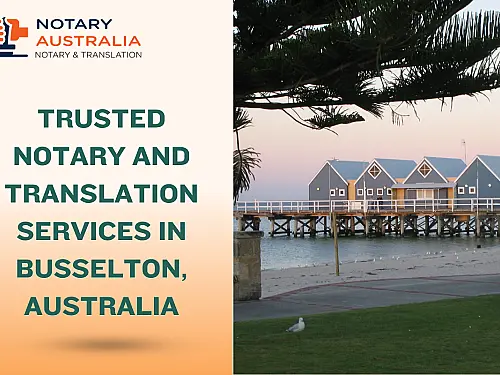



Notary vs Lawyer in Australia: Key Legal Differences Explained
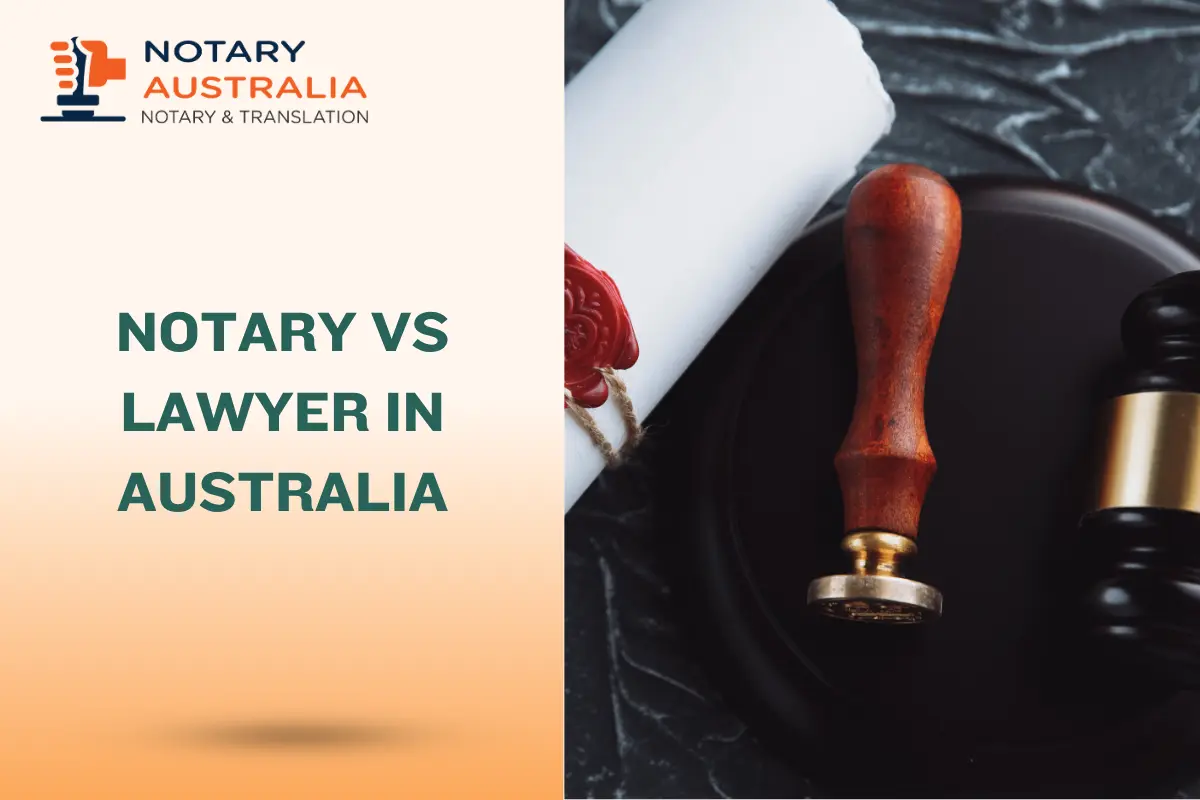
Table of Contents
Understanding the distinctions between a notary public and a lawyer in Australia is essential when dealing with legal or official documents. While their services might overlap in some areas, each plays a unique role. This article breaks down their qualifications, powers, costs, and when you should choose one over the other.
What Does a Notary Do in Australia?
A notary public is a legal professional appointed by the Supreme Court to witness signatures, certify documents, and administer oaths for international use.
Key Responsibilities:
- Authenticating official documents
- Certifying copies for overseas submission
- Witnessing affidavits and statutory declarations
- Handling power of attorney forms
Unlike lawyers, notaries focus primarily on international documents and do not typically offer legal advice or representation in court.
What Does a Lawyer Do in Australia?
A lawyer (also called a solicitor or legal practitioner) is qualified to advise clients on legal matters, represent them in court, and draft contracts.
Core Services:
- Legal consultation and case management
- Representation in legal proceedings
- Drafting wills, contracts, and business agreements
- Handling disputes and negotiations
Lawyers cover a wide range of specialisations—criminal, corporate, family, immigration—and are regulated by legal boards in each state.
Notary vs. Lawyer: Qualifications and Regulation
| Criteria | Notary Public | Lawyer |
|---|---|---|
| Education | Law degree + additional notarial training | Law degree + Practical Legal Training |
| Appointment Authority | Supreme Court | Legal Admissions Board |
| Regulatory Body | State-based Notary Societies | Law Societies and Legal Services Boards |
Notaries are usually senior lawyers with further training and approval, while lawyers may practice right after being admitted.
Differences in Legal Authority
Lawyers can offer legal advice, advocate in court, and draft legal documents. Notaries cannot provide legal advice unless they are also acting as lawyers in a separate capacity.
A notary’s authority is limited to:
- Certifying identity and signatures
- Witnessing statutory declarations
- Attesting documents for foreign jurisdictions
Lawyers, on the other hand, have broader authority in handling legal cases and disputes.
Services Compared: When to Use a Notary vs. a Lawyer
| Service Type | Use a Notary | Use a Lawyer |
|---|---|---|
| Certify true copies | yes | no (not primary service) |
| Legal advice or representation | no | yes |
| Court appearance | no | yes |
| Real estate legalities | no | yes |
| International document use | yes | yes(if also a notary) |
| Family law consultation | no | yes |
Notary vs. Lawyer Costs in Australia
Cost is often a deciding factor. Notaries usually charge per document, while lawyers may charge by the hour.
Notary Fee Example:
- Statutory Declaration: $90
- Power of Attorney: $150
Lawyer Fee Example:
- Legal consultation: $200–$400/hour
- Drafting contract: $300–$1000+
For straightforward document certification, a notary is often the most cost-effective option.
Common Scenarios: Which to Choose?
Scenario 1: Certifying a Passport for a Visa
Choose: Notary Public
Scenario 2: Drafting a Will
Choose: Lawyer
Scenario 3: Buying Property in NSW
Choose: Lawyer (Conveyancer or Property Lawyer)
Scenario 4: Attesting an Overseas Power of Attorney
Choose: Notary Public
International Use: The Notary’s Domain
When dealing with:
- Apostilles
- Embassy legalization
- Overseas powers of attorney
- Foreign property purchases
…you’ll need a notary. Only a notary can authenticate documents for international legal systems.
Misconceptions People Have
- Myth: Notaries can give legal advice.
Fact: They can’t unless they’re also acting as a lawyer. - Myth: Lawyers can notarize documents.
Fact: Only notaries have the legal authority to notarize for international use. - Myth: JP (Justice of the Peace) is the same as a notary.
Fact: JPs have limited authority and cannot perform international certifications.
Regulatory Bodies
- Lawyers: Governed by Law Societies of each state.
- Notaries: Oversight by State Notary Societies and Supreme Courts.
Each operates under strict codes of conduct and ethical guidelines.
Business Use: Notary vs. Lawyer
Use a notary if you need to:
- Certify director ID documents
- Legalize company registration papers
- Authenticate board resolutions for foreign partners
Use a lawyer if you need to:
- Draft employment contracts
- Handle disputes
- Structure mergers or acquisitions
Conclusion
Choosing between a notary and a lawyer depends on your needs. If it’s a simple, internationally recognized document, a notary is the way to go. If you need legal advice, representation, or court advocacy, a lawyer is essential.

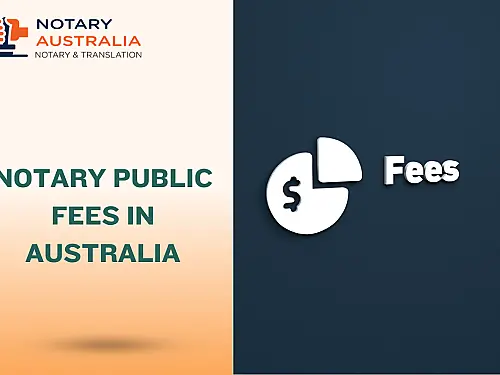

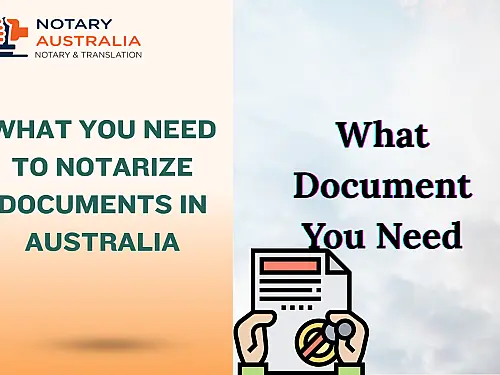
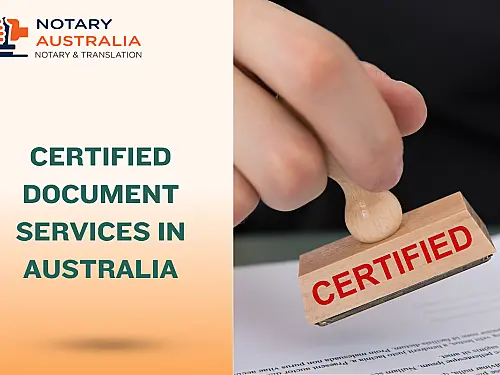
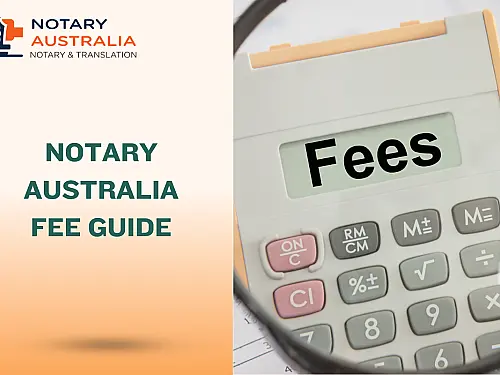

-thumb.webp)


